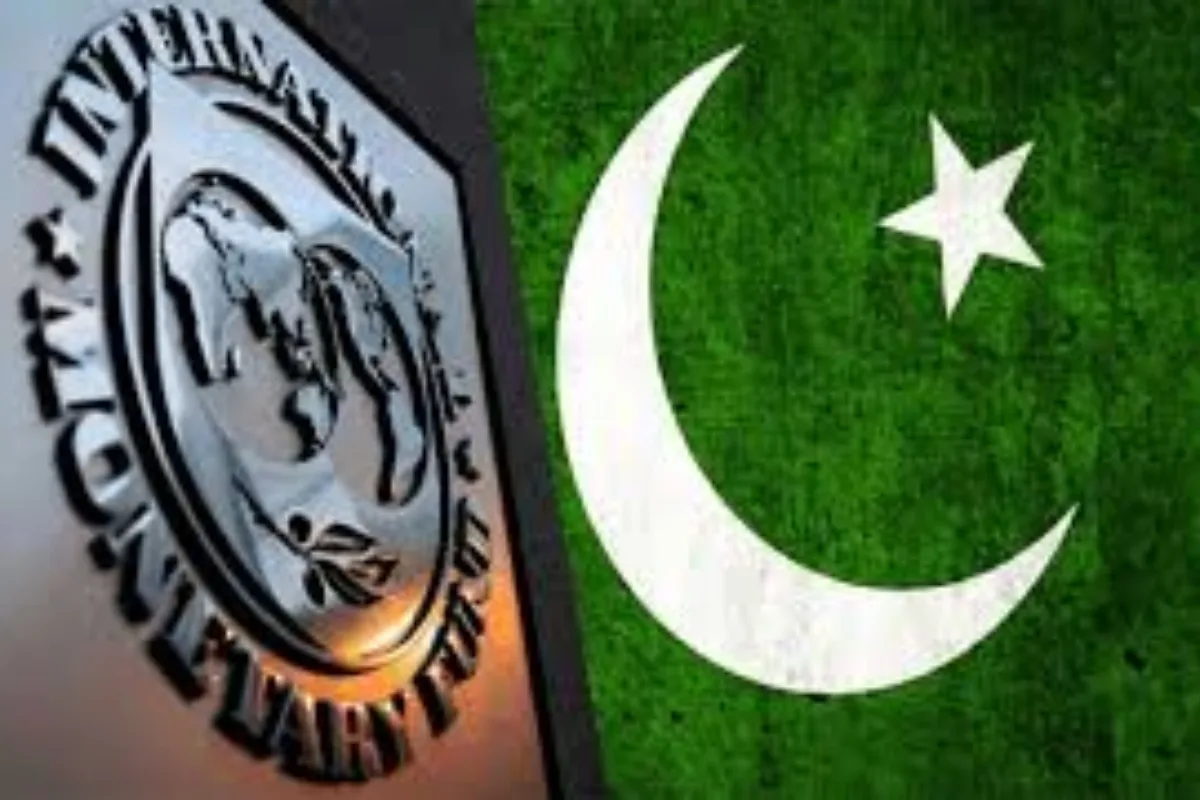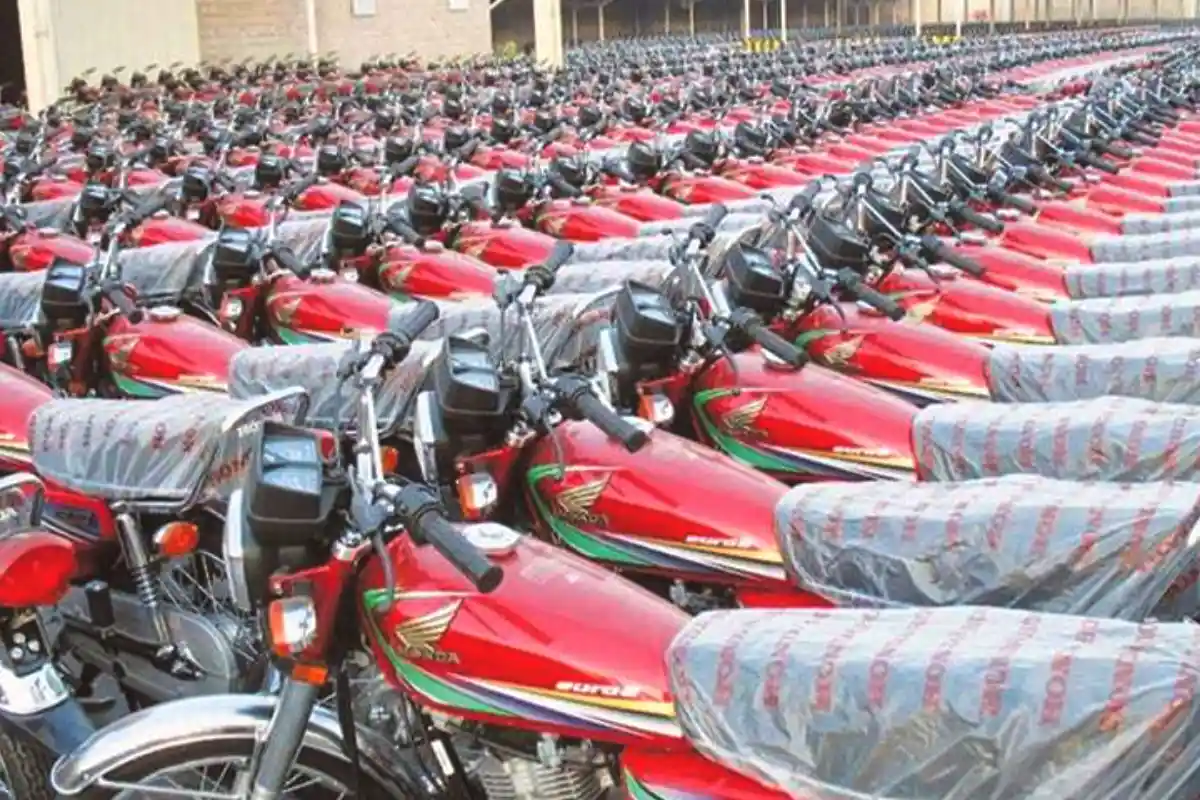IMF Presses Pakistan to End Circular Debt Growth in Power Sector

IMF sets deadline for Pakistan to end power sector circular debt
Catch all the Pakistan News, Breaking News Event and Trending News Updates on GTV News
Join Our Whatsapp Channel GTV Whatsapp Official Channel to get the Daily News Update & Follow us on Google News.











